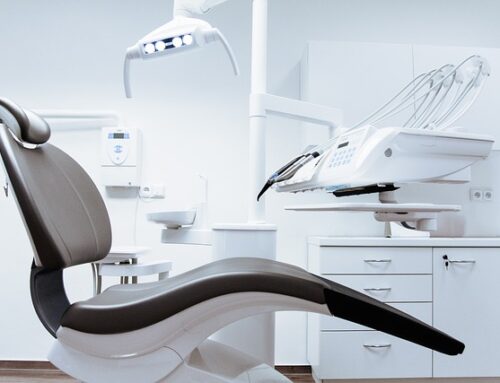Temporomandibular Joint Disorder (TMD) can be a debilitating condition that affects the jaw joint and surrounding muscles. Fortunately, dentists are well-positioned to provide effective solutions and relief for patients suffering from TMD. In this article, we will explore how dentists can help patients manage and alleviate TMD symptoms, improving their quality of life.
Understanding TMD
TMD encompasses a range of conditions affecting the jaw joint, muscles, and nerves. Common symptoms include jaw pain, difficulty in opening or closing the mouth, clicking or popping sounds, headaches, and facial discomfort. Dentists play a vital role in diagnosing TMD through a comprehensive examination, including assessing the patient’s dental and medical history, conducting a thorough physical examination, and utilizing imaging techniques if necessary.
Customized treatment plans
Once a TMD diagnosis is confirmed, dentists can develop personalized treatment plans tailored to each patient’s specific needs. These plans often incorporate various non-invasive or minimally invasive approaches. For example, occlusal splints or night guards can help alleviate pain and prevent teeth grinding or clenching, which often contribute to TMD symptoms. Dentists may also recommend orthodontic treatment or dental restorations to correct malocclusion or improper bite alignment, which can alleviate stress on the jaw joint.
Patient education and lifestyle modifications
Dentists play a crucial role in educating patients about TMD and how certain habits and lifestyle choices may exacerbate symptoms. They can provide guidance on stress management techniques, proper posture, and relaxation exercises. Additionally, dentists may advise patients to avoid chewing gum, biting nails, or eating hard or chewy foods that can strain the jaw joint. By empowering patients with knowledge and actionable steps, dentists can significantly contribute to managing TMD symptoms.
Collaboration with specialists
In complex cases, dentists may collaborate with other healthcare professionals, such as physical therapists or pain management specialists, to ensure comprehensive care for TMD patients. This multidisciplinary approach allows for a holistic treatment plan that addresses not only the dental aspects but also the muscular and joint components of the disorder.
Dentists play a vital role in helping patients with TMD find relief from their symptoms. Through comprehensive examinations, customized treatment plans, patient education, and collaboration with specialists, dentists can provide effective solutions that alleviate pain, improve jaw function, and enhance the overall quality of life for TMD patients.






